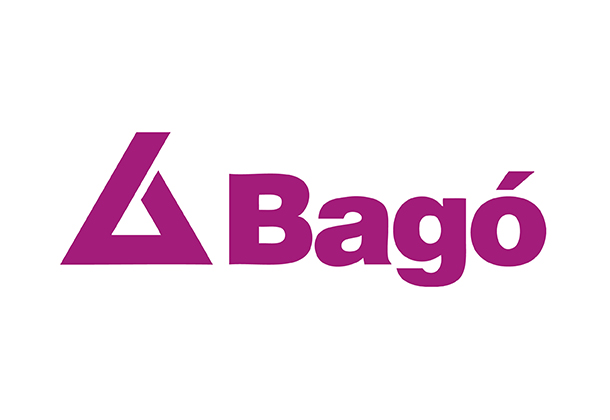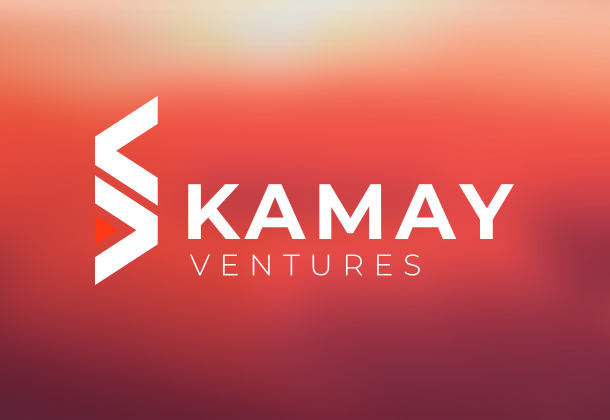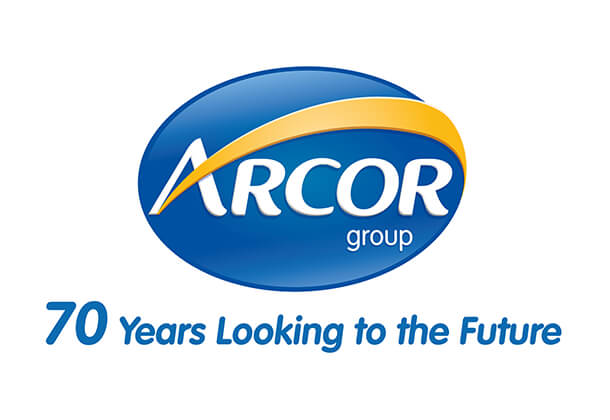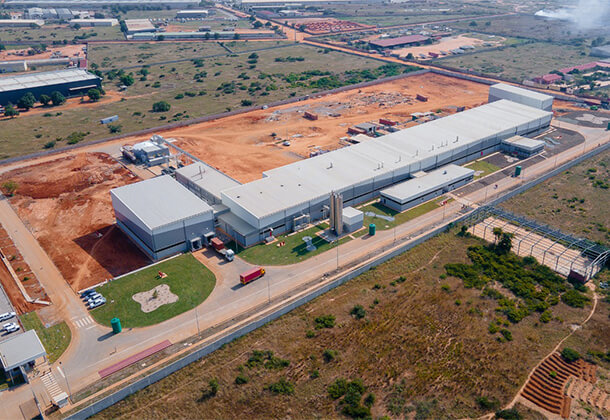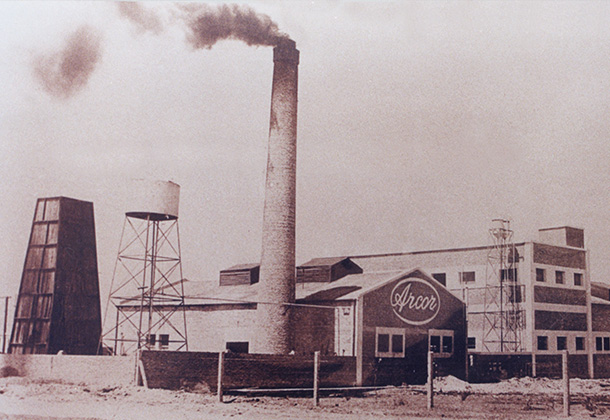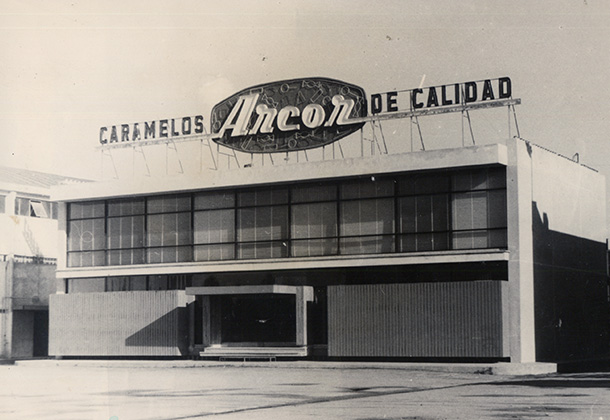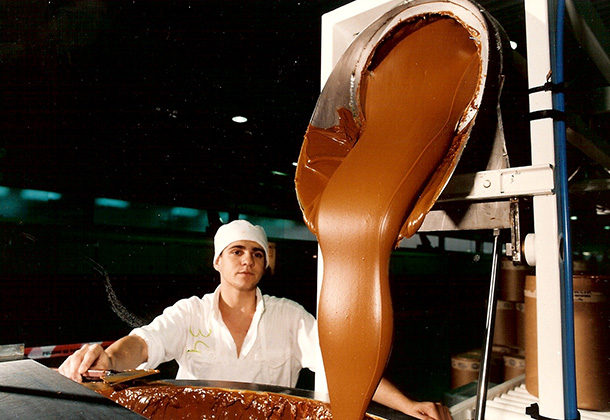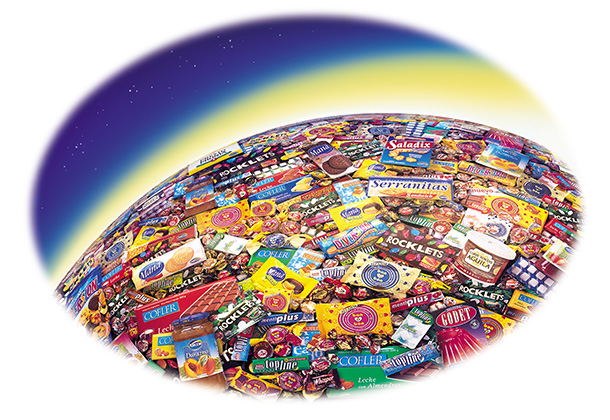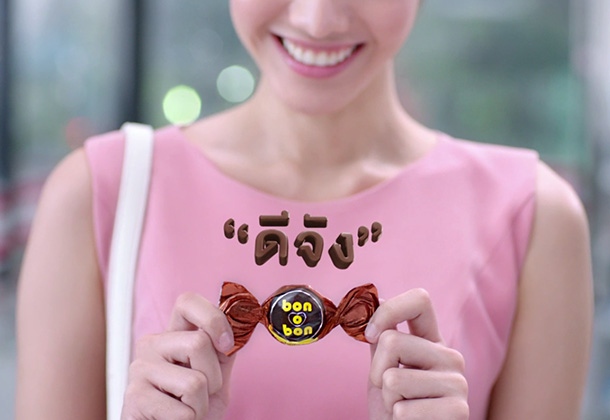2000
In this fifth stage, in line with its international expansion policy, Arcor set up commercial offices in Spain (2002), Bolivia (2004) and China (2007).
It also continued its productive internationalization with the opening of new industrial plants in several parts of the world, currently reaching more than 40 industrial plants in Latin America and more than 100 countries with its products.
In this sense, as part of its growth strategy, Arcor developed significant alliances and acquisitions that allowed the company to continue evolving.
By the end of 2005, Arcor acquired Benvenuto S.A.C.I. a traditional leading company of food products in the Argentine market, with its leading brands such as La Campagnola, Nereida, BC, Salsati, among others.
A major milestone at this stage is the association between Arcor Group and the French Danone Group (2005), whereby they unified their cookies and crackers, alfajores and cereal bars businesses in Argentina, Brazil and Chile, thus giving birth to the greatest cookies company in South America called Bagley Latinoamérica S.A.
In 2007, in association with Bimbo Group, Mundo Dulce was created with the opening of a plant in Toluca (Mexico) in order to produce confectionery and chocolates for the Mexican and export market.
In 2010, Arcor established a strategic alliance with Coca-Cola for cobranding and joint development of new products with novel combinations. In turn, this alliance resulted in the creation of Kamay Ventures in 2019, the first Argentine capital fund open to new opportunities and talents.
Subsequently, in 2015, Arcor celebrated a historic agreement with Bagley, acquiring 43% of the shares of Mastellone Hermanos, the leading Argentine company with over 85 years of history in manufacturing and selling dairy products. In 2017 Arcor Group acquires 100% of Zucamor, a company specialized in producing paper and cardboard, with seven industrial plants in Argentina. Because of this new structure, Arcor Group’s Packaging division stands out as one of the major Packaging solutions companies in the Southern Cone.
Likewise, the recent alliance with Laboratorios Bagó (2018), enabled the merging of both companies to develop Simple, a line of dietary supplements.
In June, 2018, following Arcor Group’s international outlook, an agreement was celebrated with Webcor Group, one of the largest food distribution companies in Angola, to set up an industrial candy and biscuit plant in that country.
With all these new acquisitions and strategic alliances, Arcor strengthens as a group with 3 business divisions: Food for mass consumption, Agribusiness and Packaging.














































































